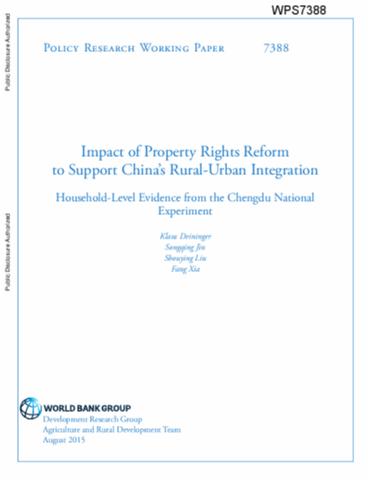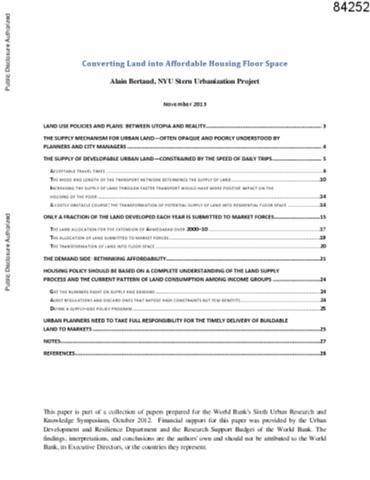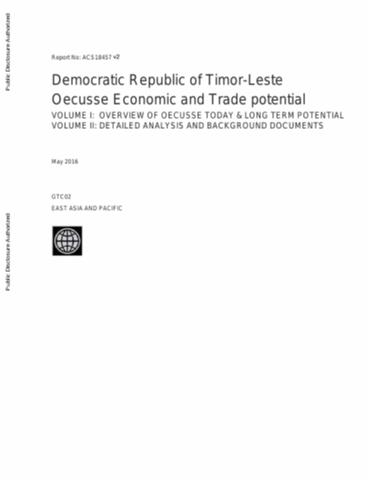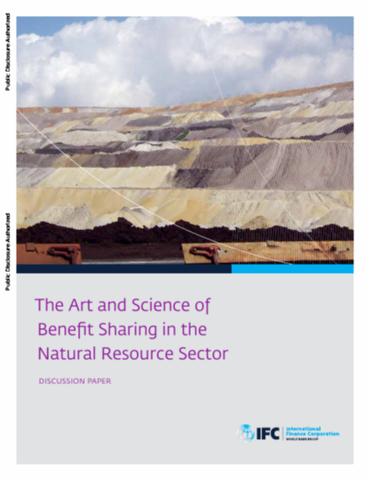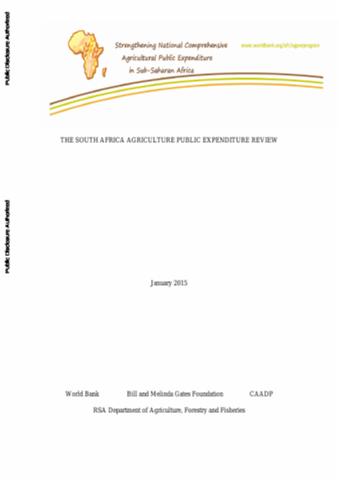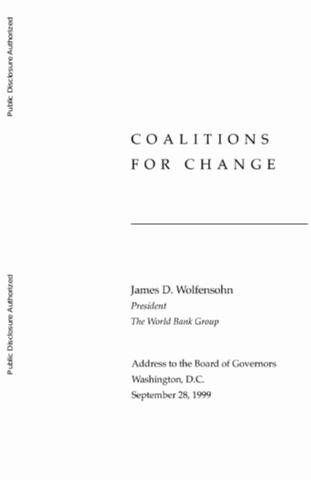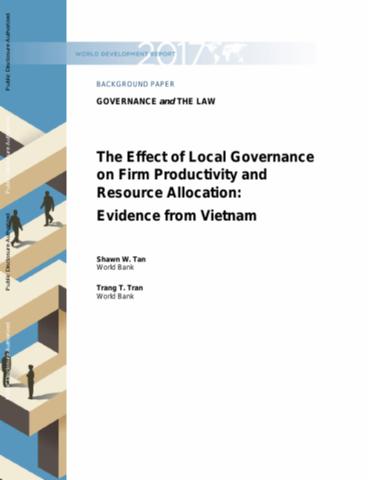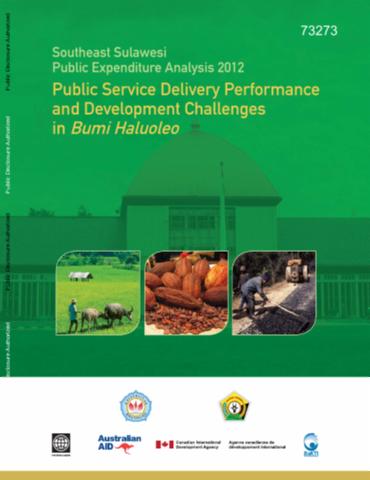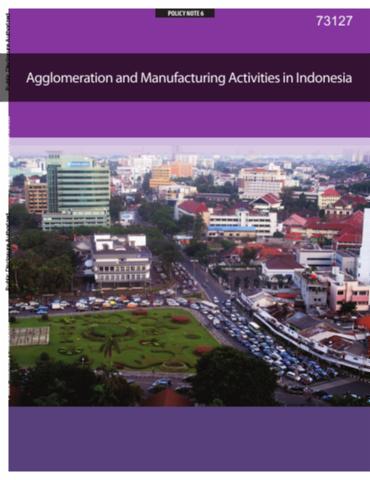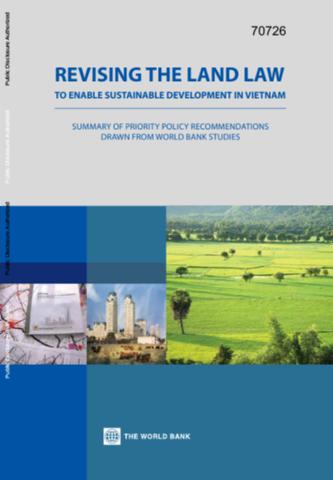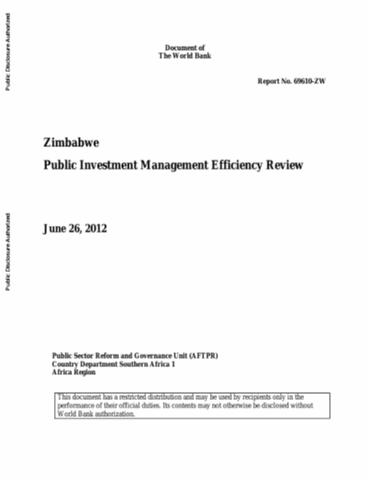Impact of Property Rights Reform to Support China’s Rural-Urban Integration
As part of a national experiment in 2008, Chengdu prefecture implemented ambitious property rights reforms, including complete registration of all land together with measures to ease transferability and eliminate migration restrictions. A triple difference approach using the Statistics Bureau’s regular household panel suggests that the reforms increased consumption and income, especially for less wealthy and less educated households, with estimated benefits well above the cost of implementation.

